Impressions of Silent Visit in Casorzo (Italy)
with “Bialbero di Casorzo” (Morus and Prunus avius)
- Informationen: http://tinyurl.com/bial-morus-prunus-casorzo-info
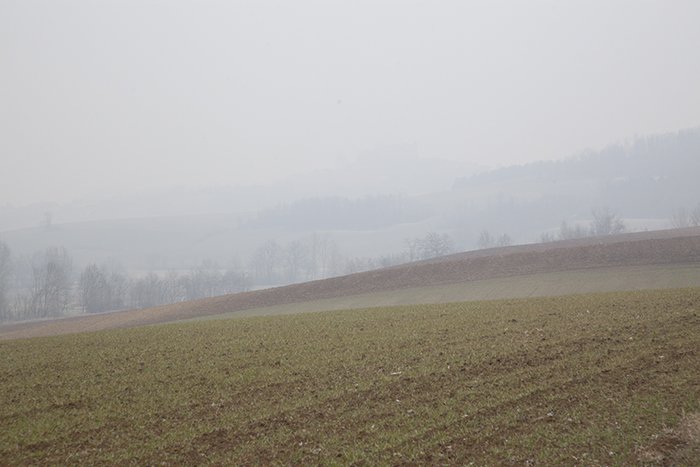
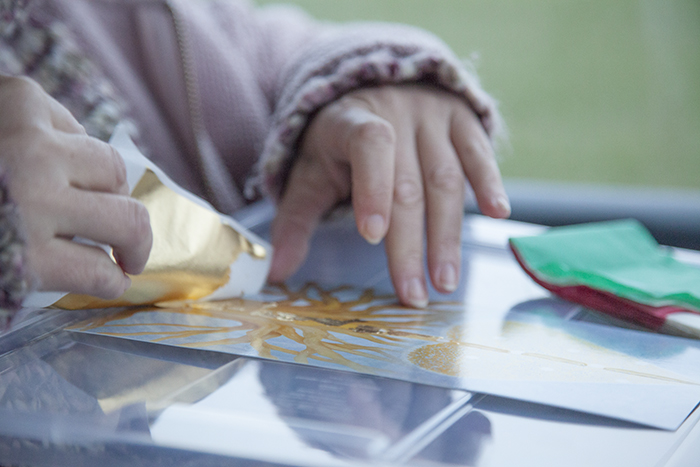

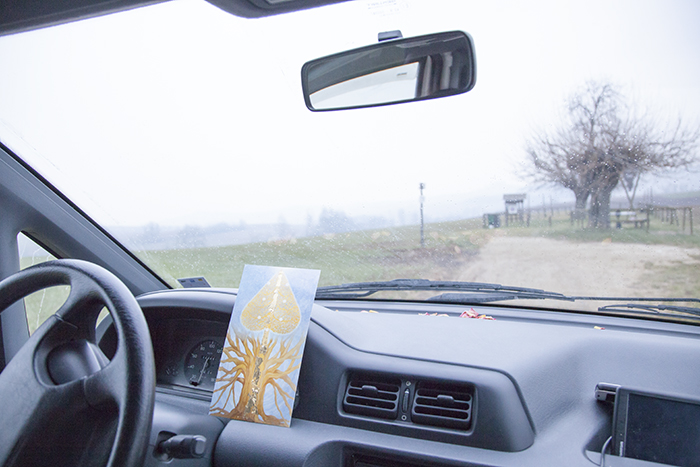
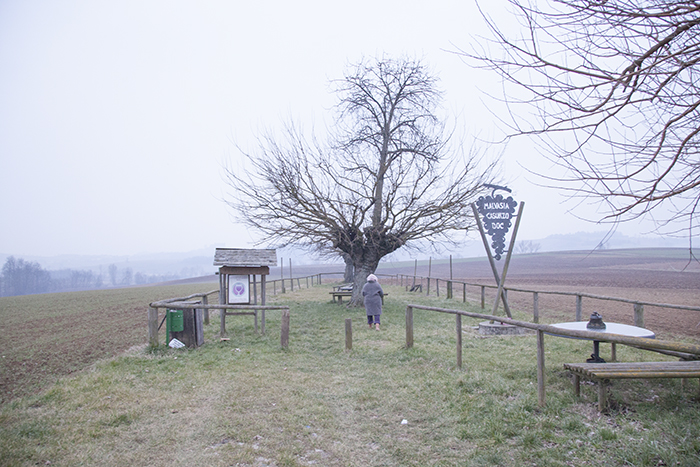
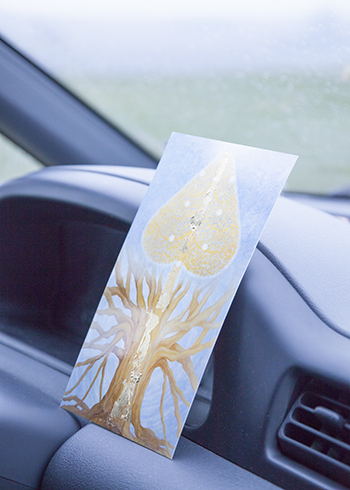
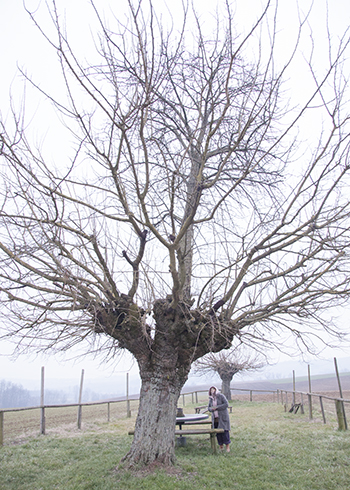
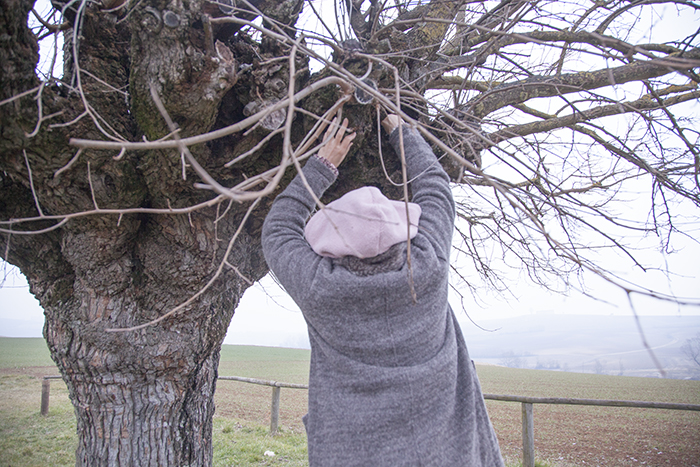
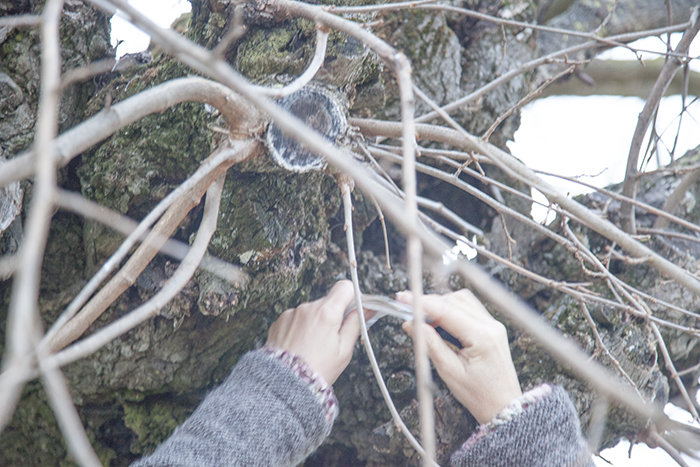
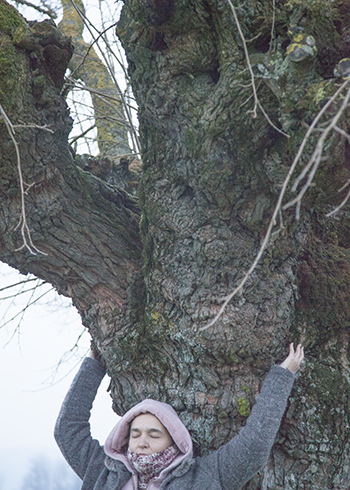
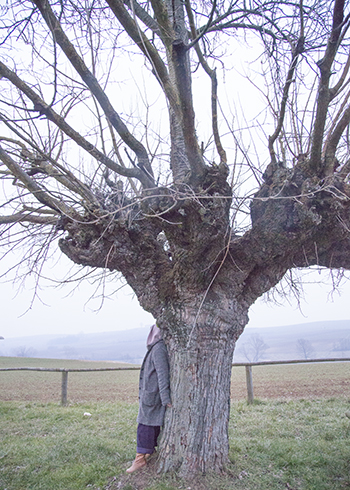
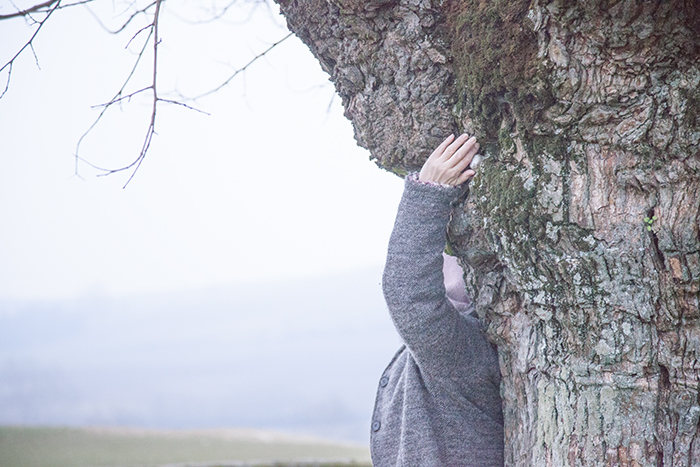
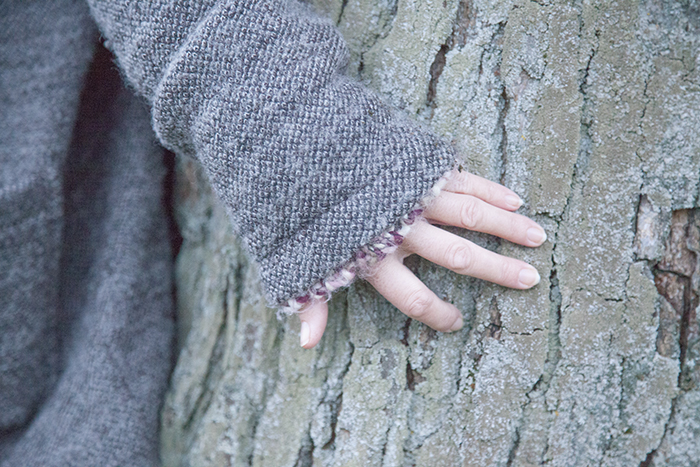
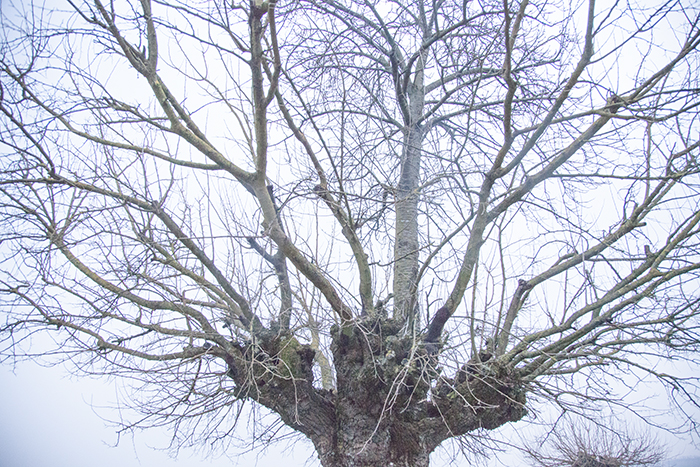
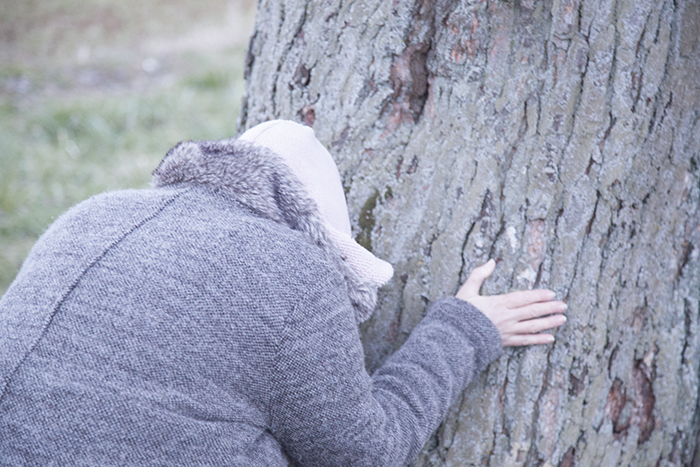

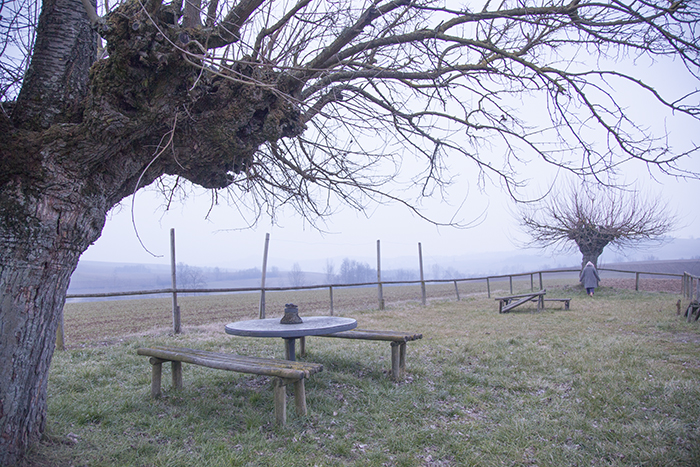
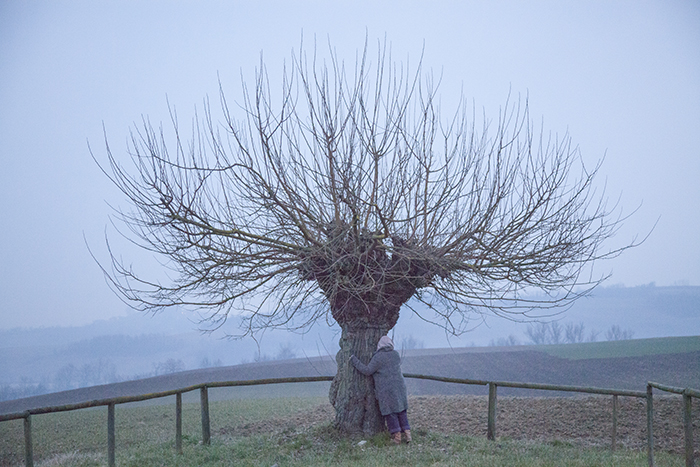
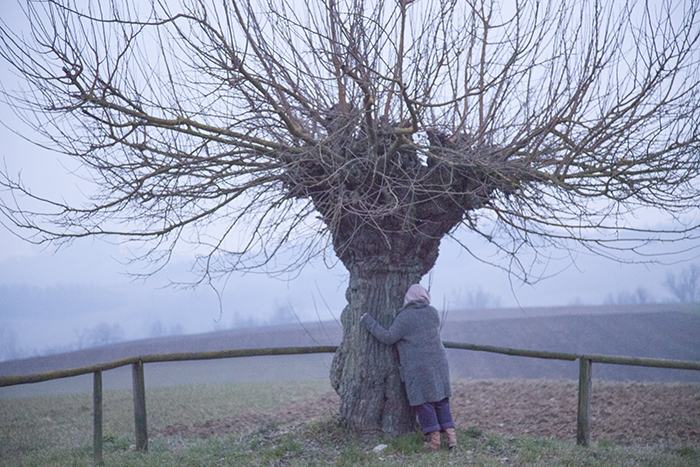
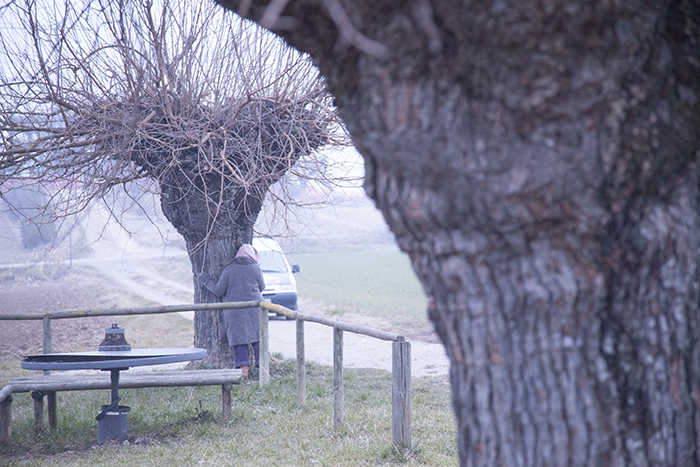
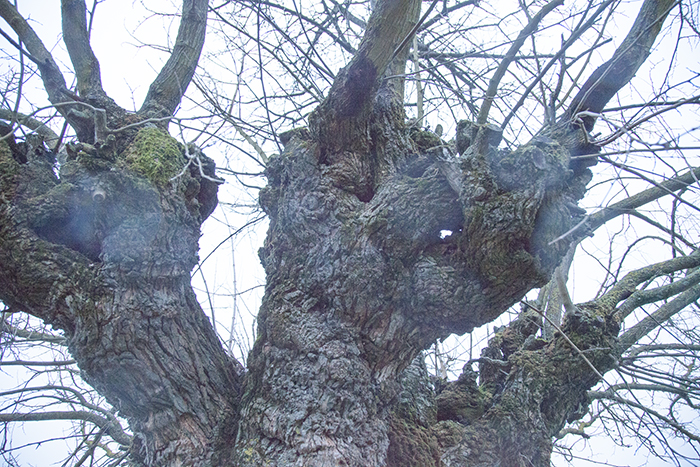
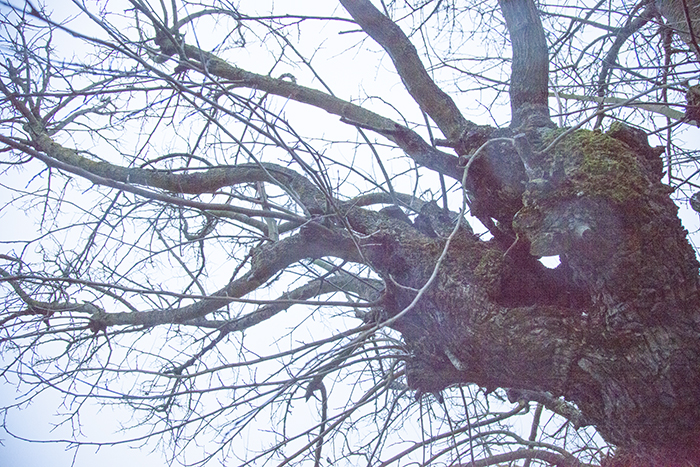

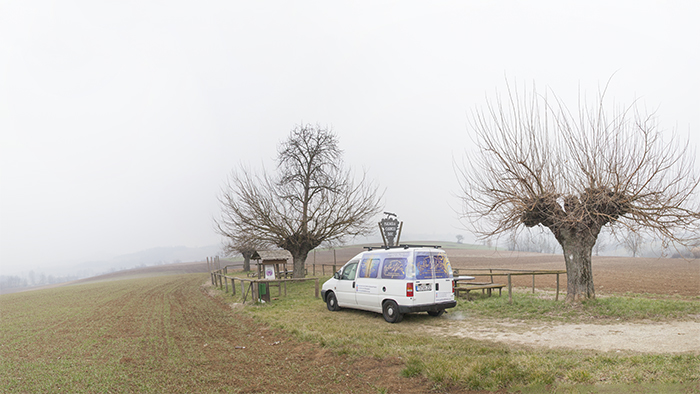
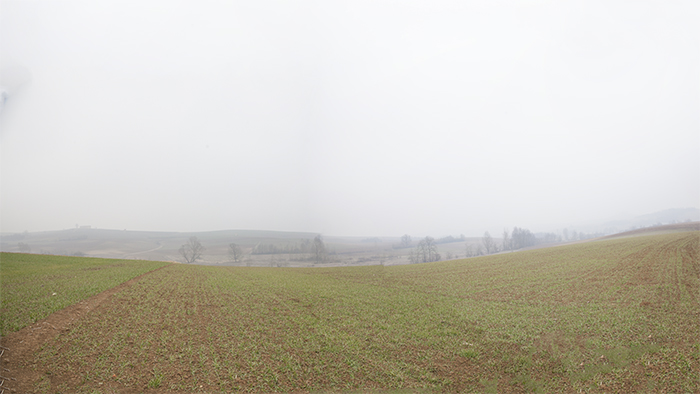
Photos: © Smoenjala ~ Golden Lifetree
Golden Lifetree is an independant non-profit project which creates a connection through art to nature and the soul and nourishes peace and harmony in the world. The project moves as the Caravan of the Golden Lifetree around the world and makes stops in different countries. With various exhibitions and events it creates a platform for people to meet each other and nature freely and blissfully anew for a peaceful, harmonious and conscious living together on planet Earth.

























Photos: © Smoenjala ~ Golden Lifetree
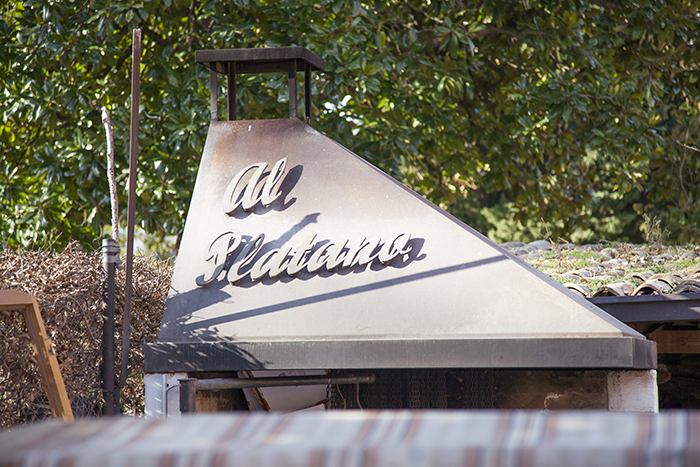
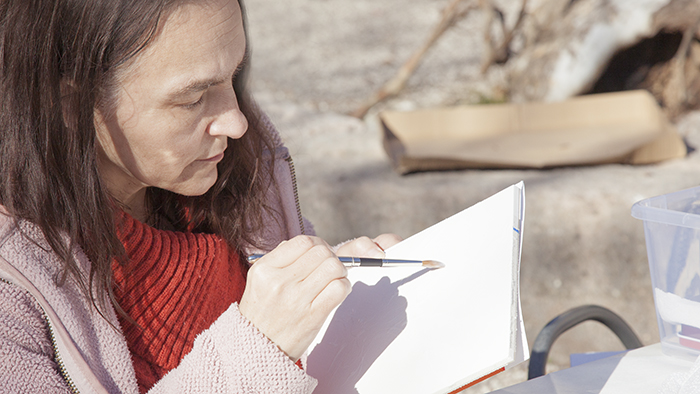
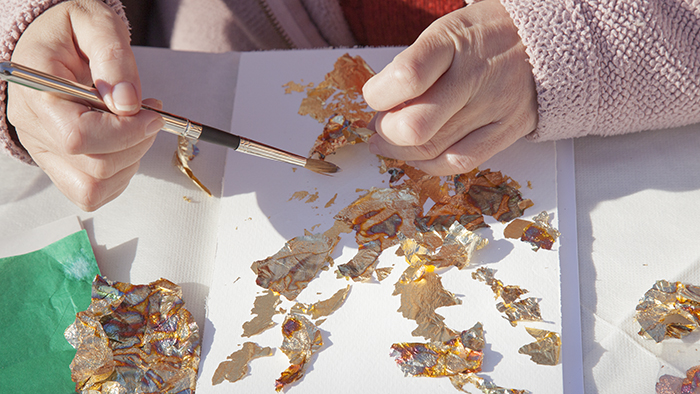
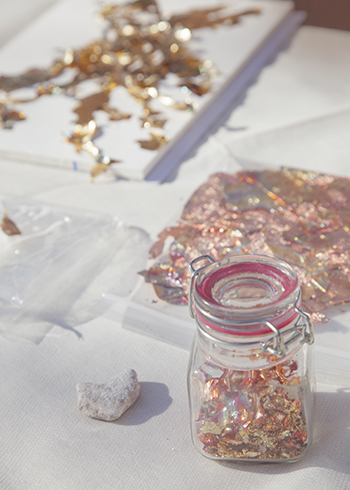
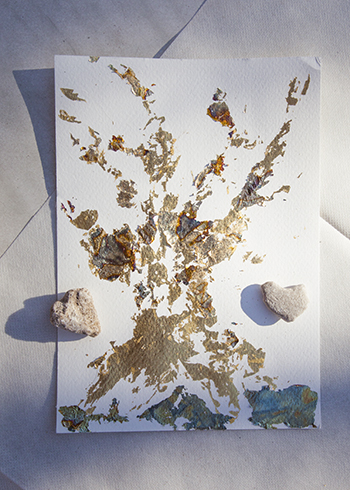
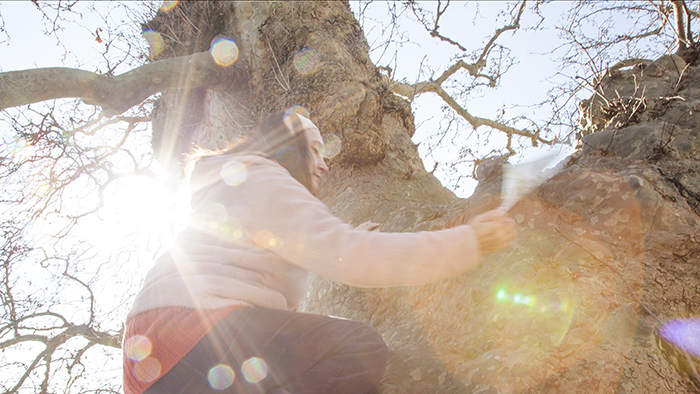
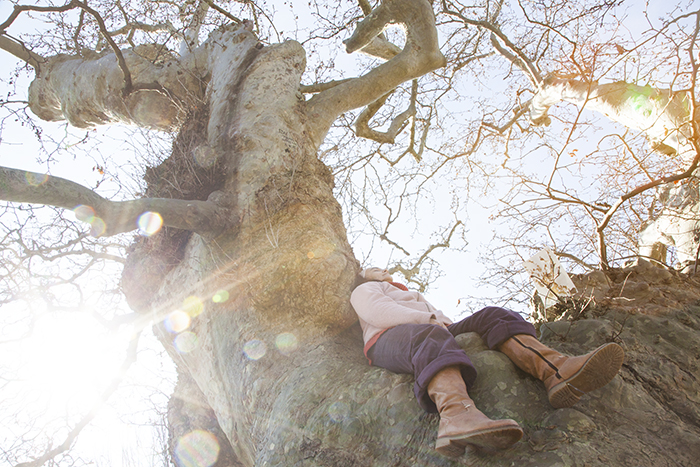
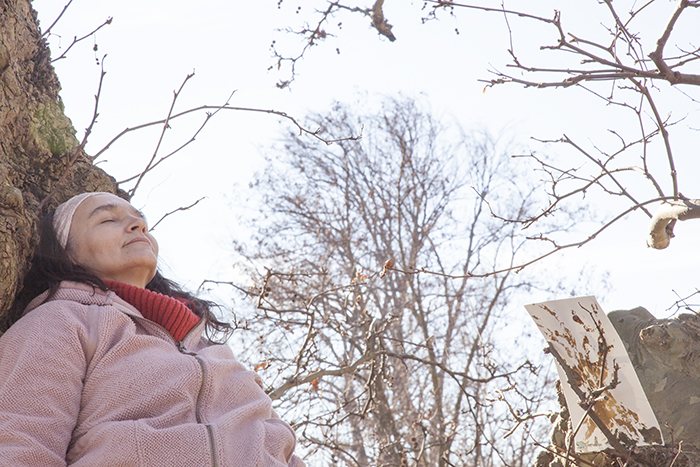
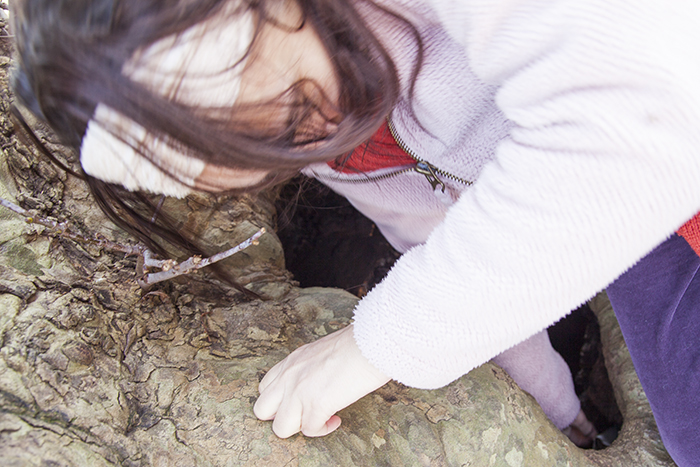
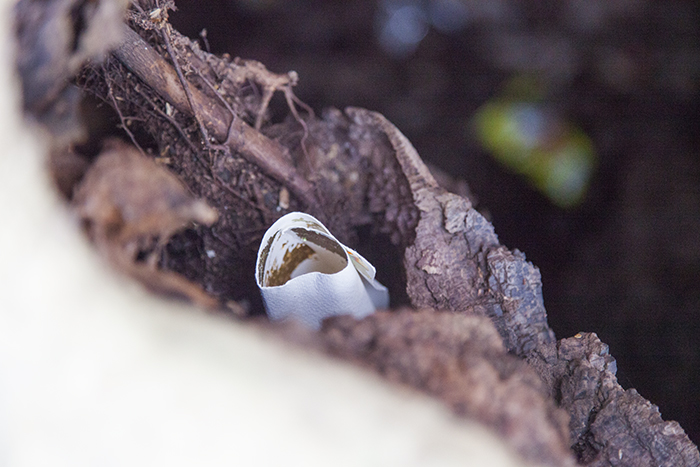
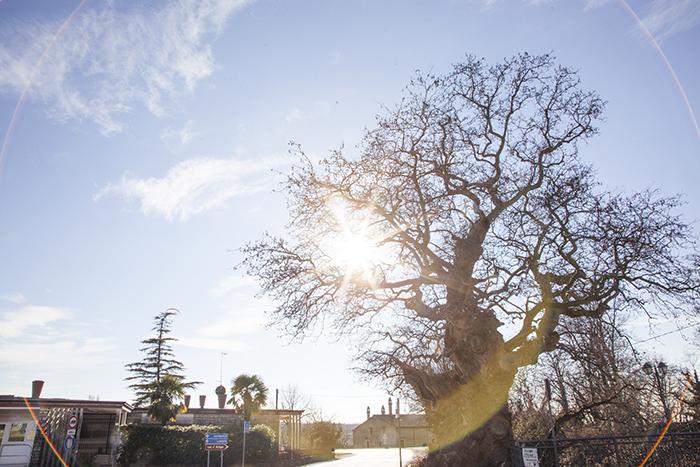
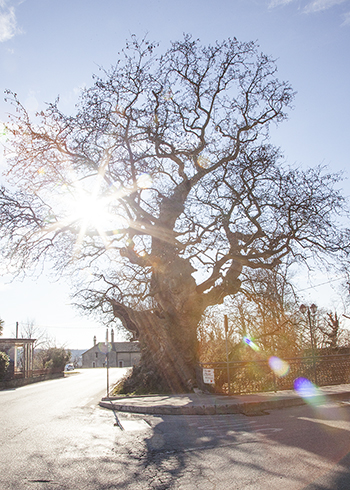
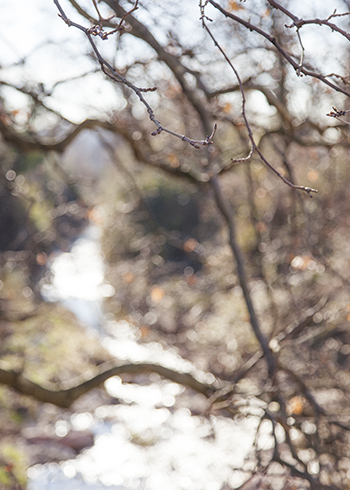
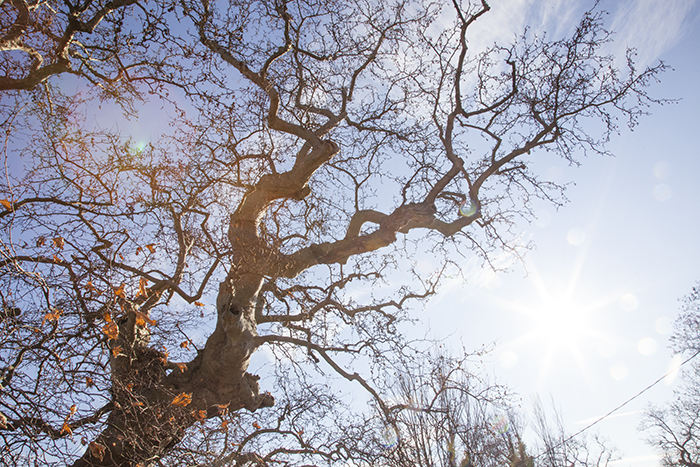
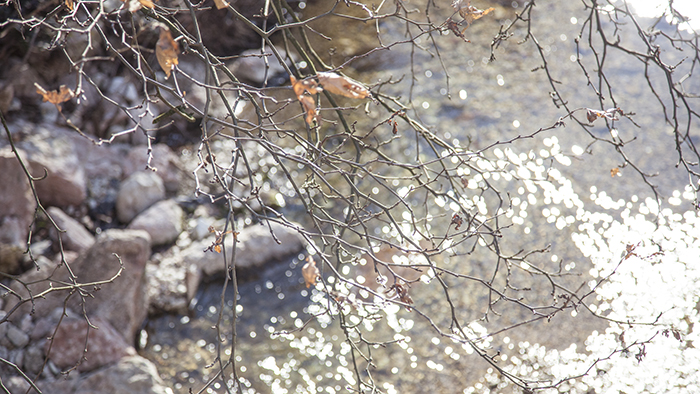
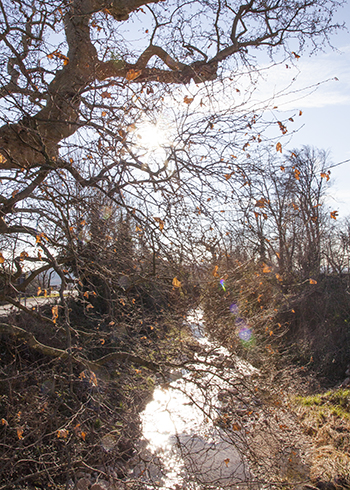
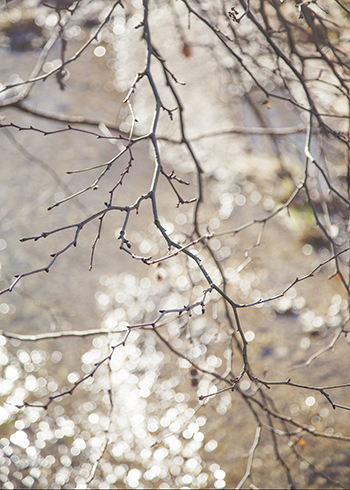
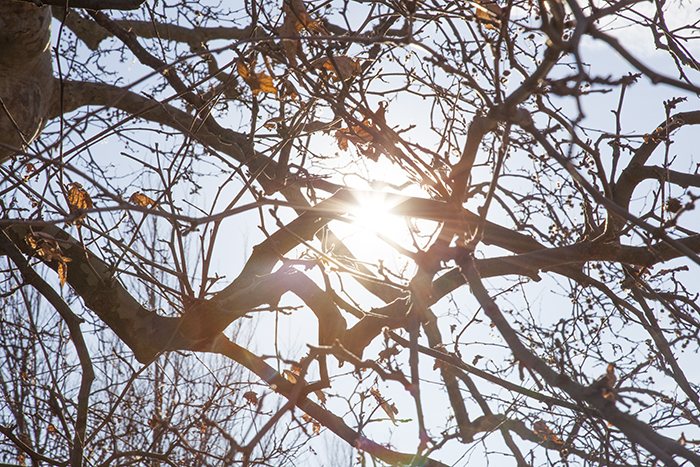
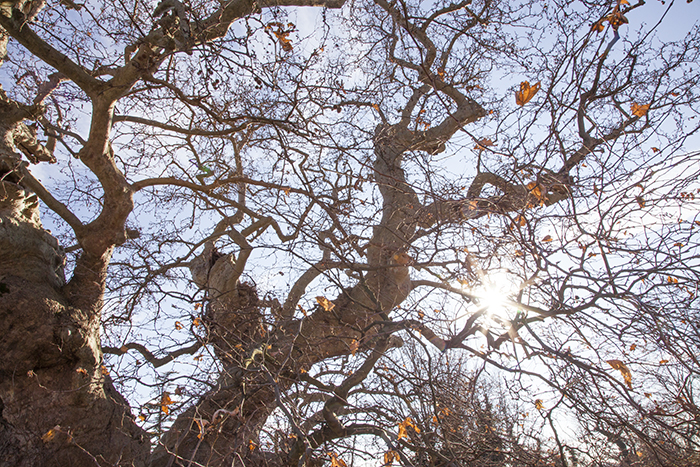
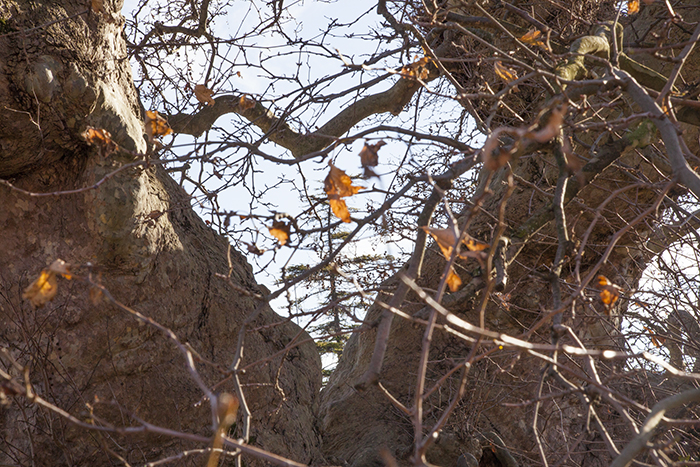
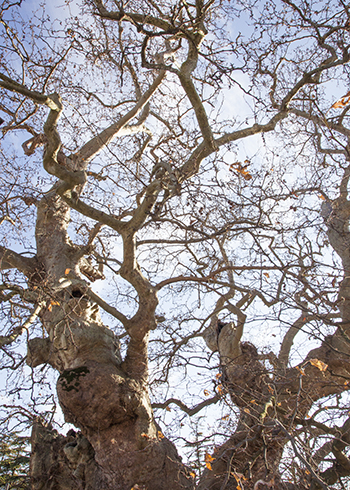
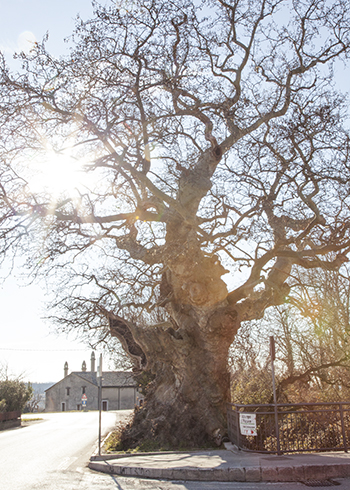
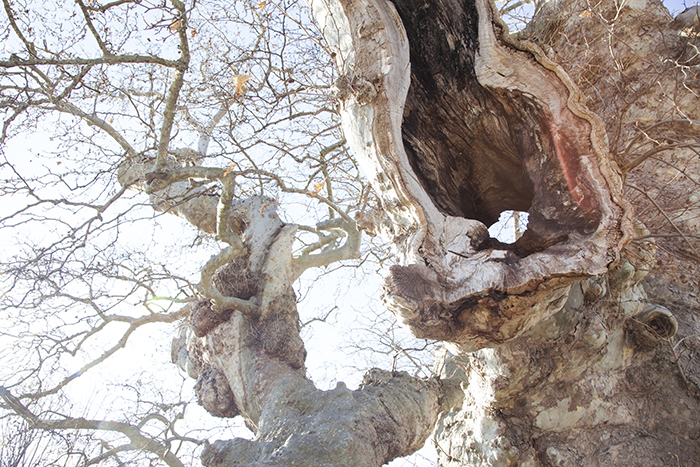
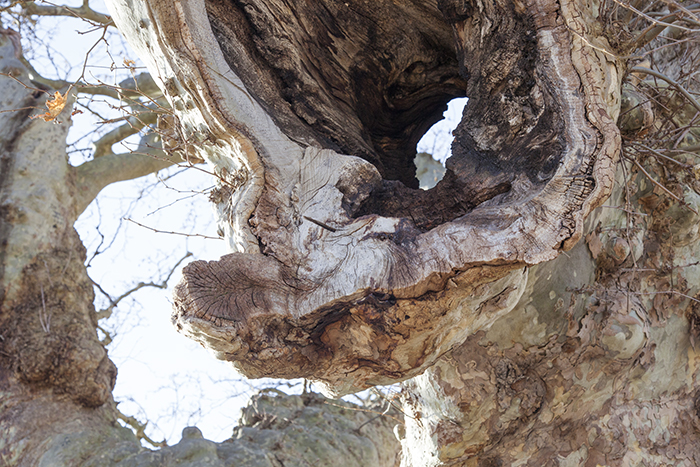

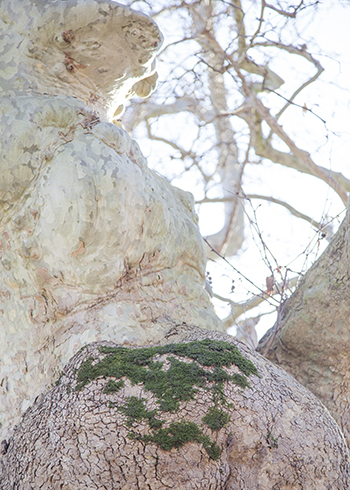

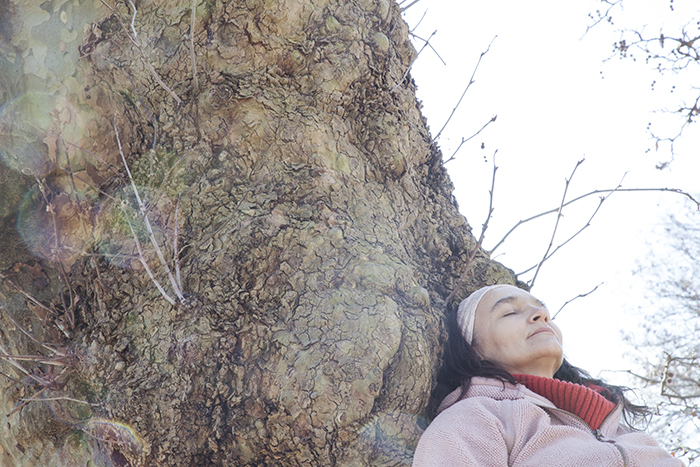
Photos: © Smoenjala ~ Golden Lifetree
 Botanical name: Olea europea
Botanical name: Olea europea
Location: Menton, France
Coordinates: 43.763772, 7.464031
Circunference: about 23 meters
Height: about 15 meters
Age: about 2000 years
Healing Effects: digestive, regenerating, lowers blood pressure, helps with skin problems
Celtic Tree Circle: resistant, quiet, calm, confident, persistent, attentive, thoughtful, conscientious, patient, helpful (29.9.)
The olive tree (Olea europea) is one of the oil family and is one of the oldest crops of our cultural history. The olive tree likes it sunny and warm and can survive with very little water from well. She is an evergreen tree that grows very gnarled and branched and has narrow, elongated, silver green leaves.
Her healing powers have a regenerating effect, lowers blood pressure, promotes digestion and is used for skin problems as oil, cream or lotion.
Further insights into the different aspects of the Olive Tree:
Photo Olea europea: © http://en.wikipedia.org/wiki/Olive
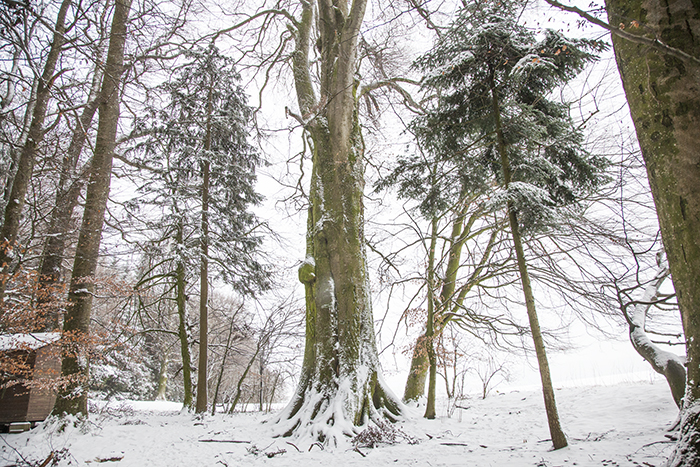
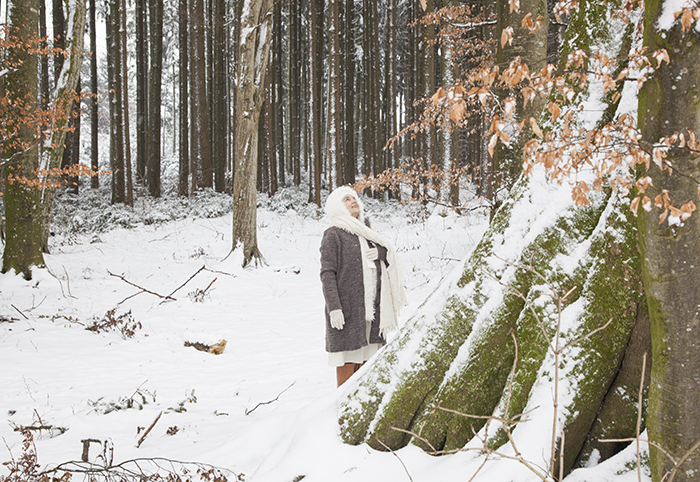
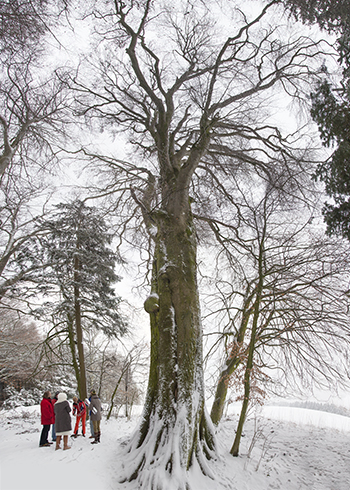
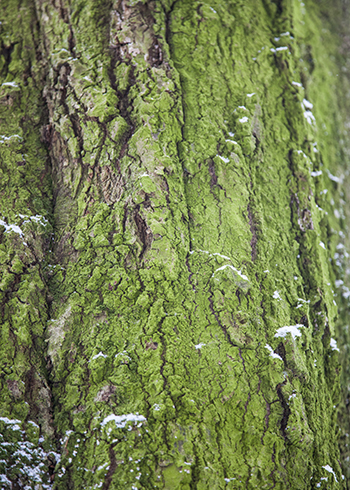
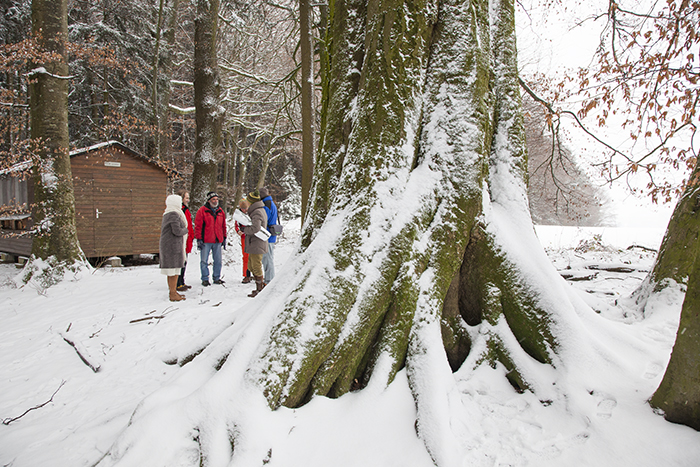

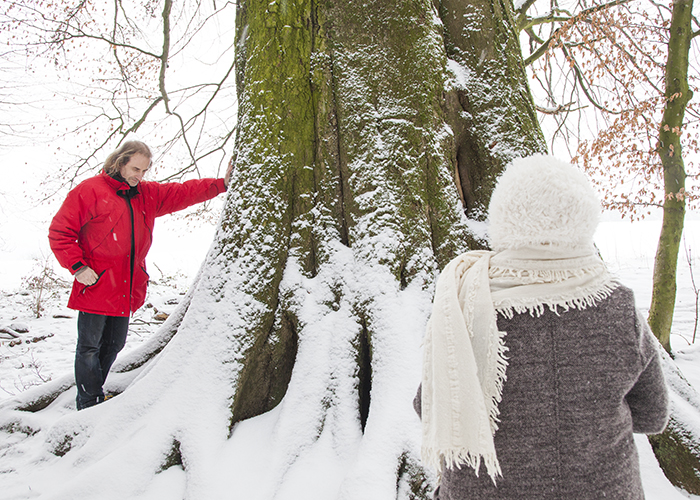
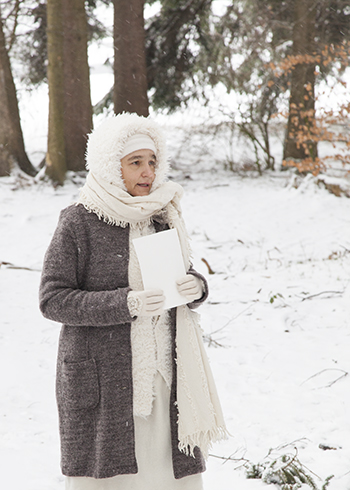

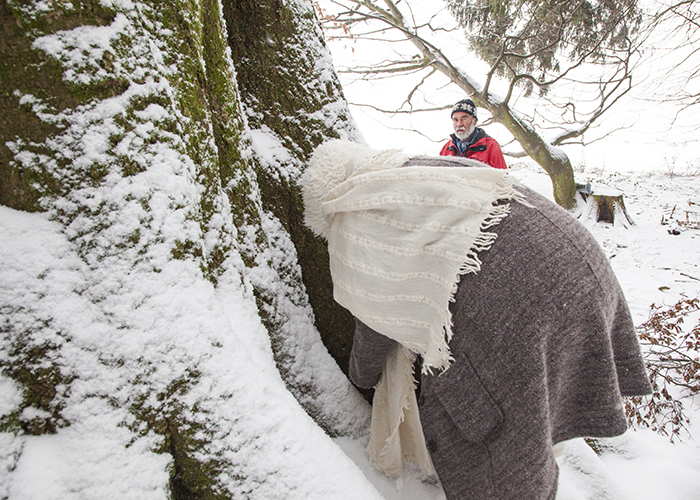
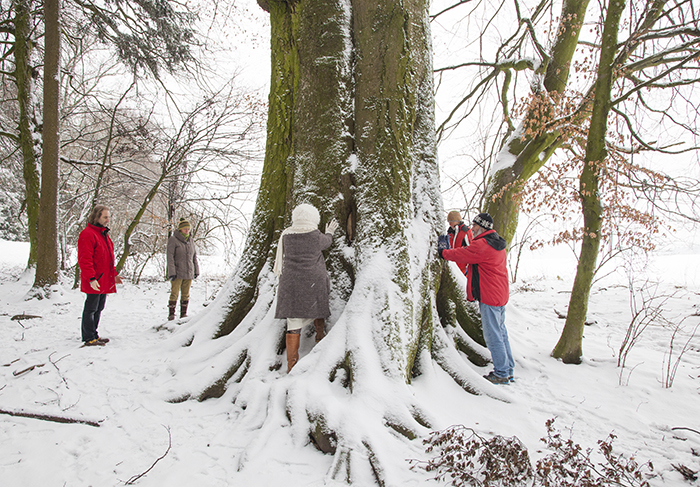
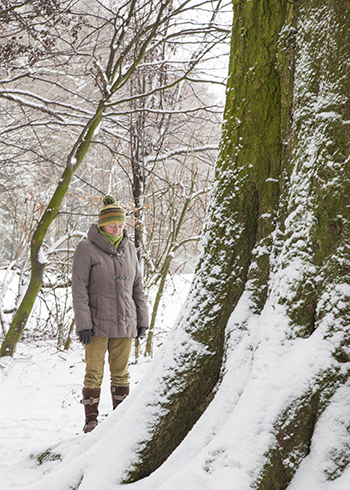
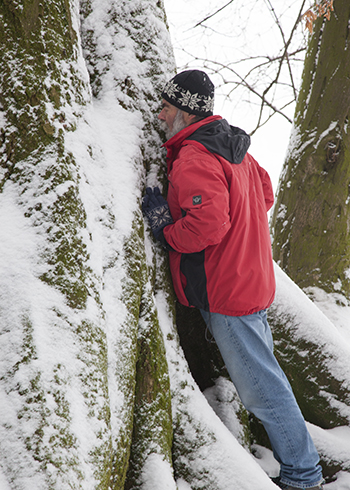
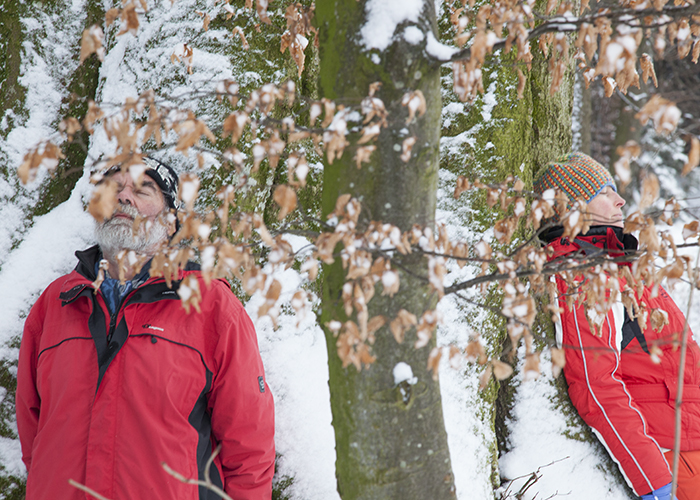
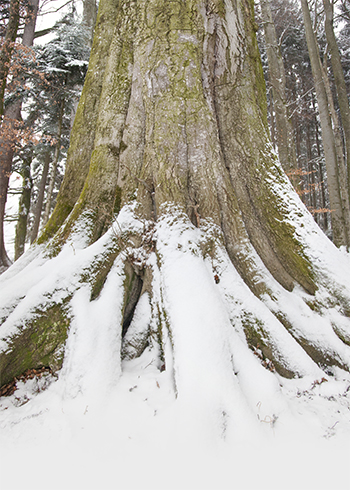
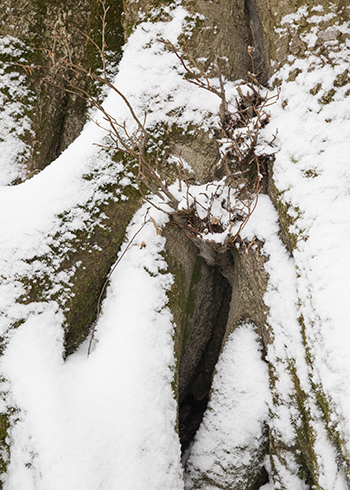
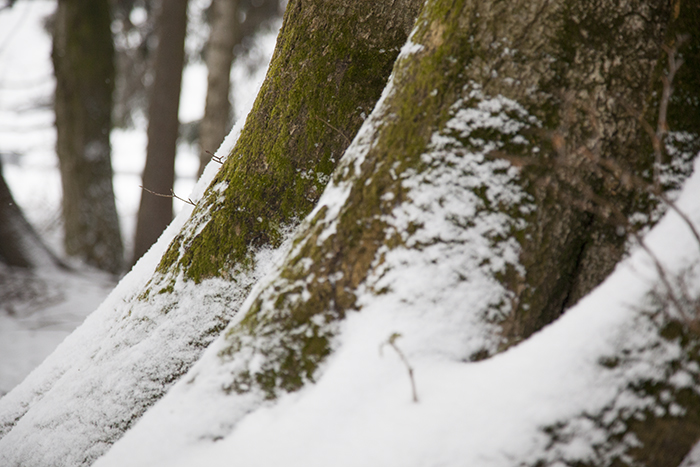
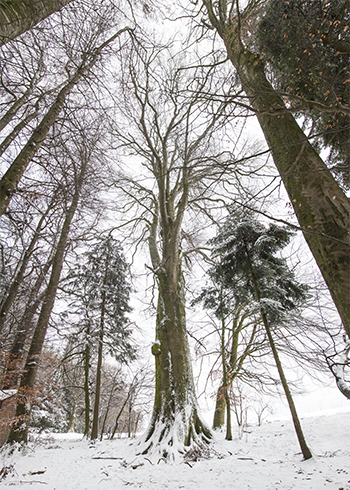
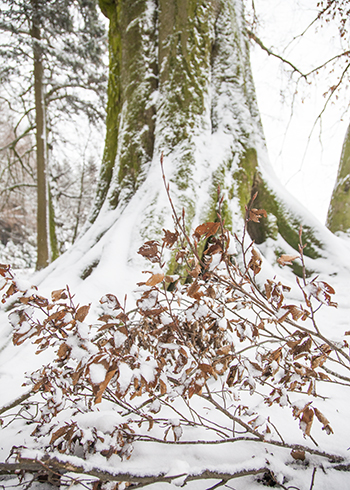
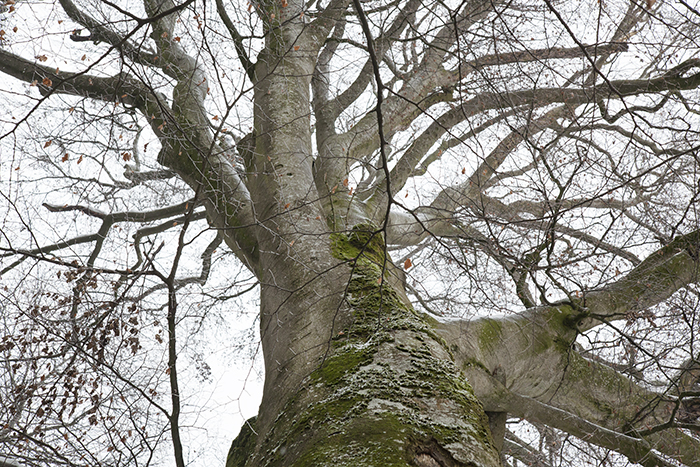
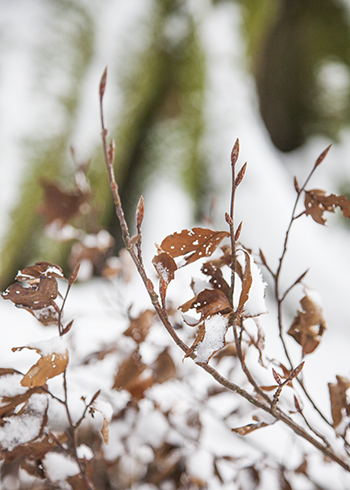
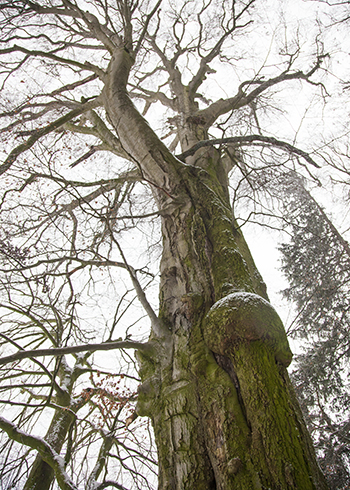
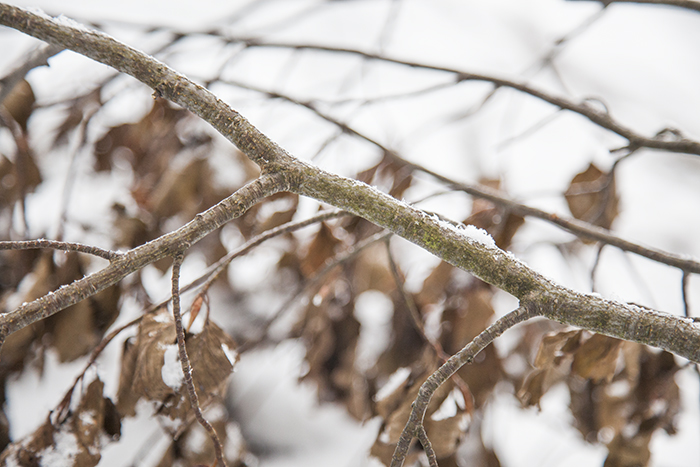

Photos: © Smoenjala ~ Golden Lifetree
A little further on our way there is a magnificent, tall Mexican White Cedar in the Hanbury Botanic Garden at Capo Mortola. This Mexican White Cedar (Cupressus lusitanica) has a circumference of about 5.6 meters and a height of 26 meters. It was planted in 1869 and is therefore exactly 146 years old. The Silent Visit with this tree takes place on 06. February 2015.
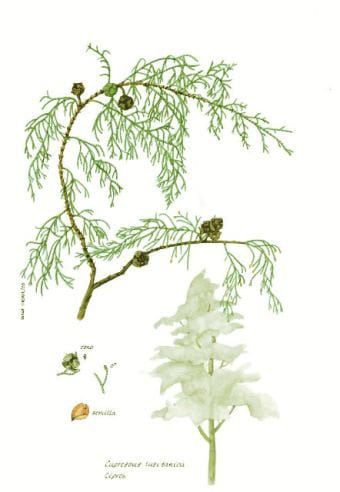 Botanical name: Cupressus lusitanica
Botanical name: Cupressus lusitanica
Location: Capo Mortola, Italy
Coordinates: 43.783377, 7.555077
Circunference: about 5,6 meters
Height: about 26 meters
Age: 146 years (planted 1869)
Healing Effects: antibacterial, antiseptic, expectorant, relieves symptoms of menstruation and menopause, helps with respiratory problems and fever, diarrhea and varicose veins, strengthens clear view and resistibility, vitality and mental balance
It’s natural habitat is located in Central America. It grows mainly on volcanic soils on rocky slopes and can thrive at altitudes up to 4000 meters. It is grown in Africa as useful timber wood and is commonly used in Costa Rica as a Christmas tree.
The Cypress has a long tradition as a temple tree and was revered as a sacred tree for millennia. In earlier times ships were constructed out of her ultra-durable wood and manufactured doors and roofs of religious sites.
It’s healing powers are antibacterial, antiseptic and expectorant to relieve symptoms of menstrual and menopause and help with respiratory problems, fever, diarrhea, and varicose veins. The Cypress strengthens clear view and resistibility, vitality and mental balance.
Further insights into the different aspects of the Mexican White Cedar:
Photo Cupressus lusitanica: © http://arboretum.ufm.edu/wp-content/uploads/Cupressus_lusitanica1.jpg